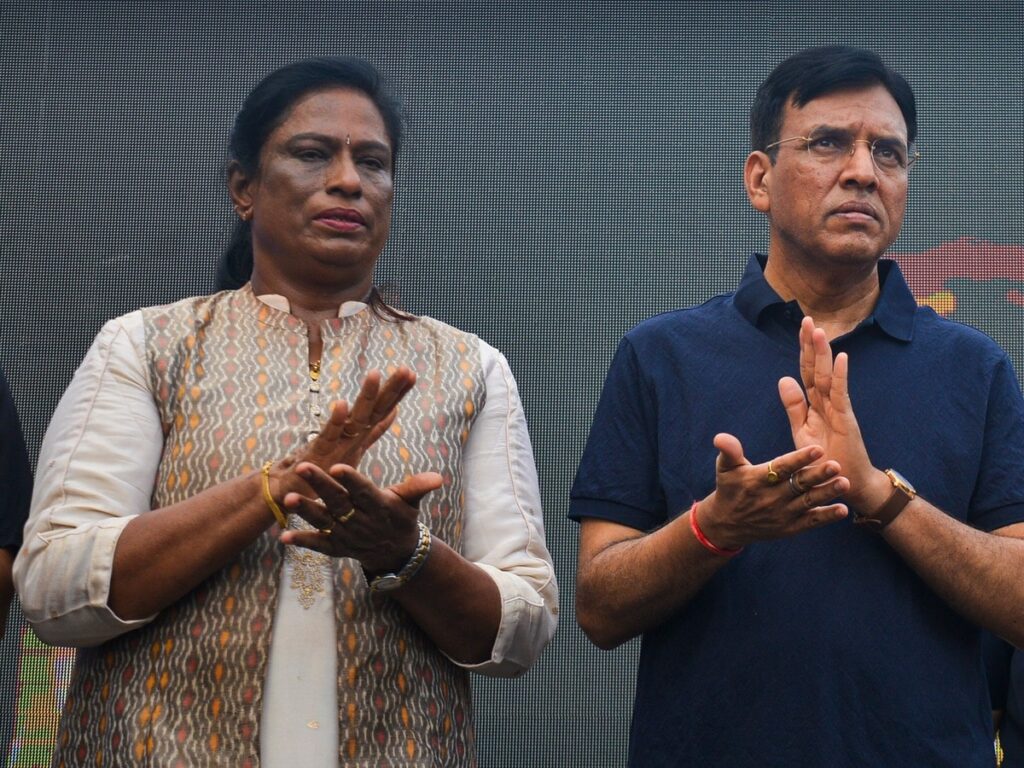In a significant move to enhance the governance and structure of sports in the country, Indian Union Minister of Sports, Mansukh Mandaviya, announced that the draft of the National Sports Bill has been formulated with input from the International Olympic Committee (IOC). This initiative aims to modernize sports management and ensure that the country aligns with global standards, promoting transparency, accountability, and inclusivity in Indian sports.
Consultations with Key Stakeholders
The drafting process of the National Sports Bill involved extensive consultations with various stakeholders. The government sought feedback not only from domestic entities but also from reputable international organizations such as FIFA and others involved in global sports governance.
Importance of International Involvement
Involving international bodies like the IOC and FIFA is crucial for several reasons:
- Global Best Practices: Leveraging the experience of these organizations ensures that the bill incorporates best practices observed worldwide.
- Compliance with International Standards: Aligning with international regulations can help Indian sports organizations qualify for global competitions more easily.
- Improving India’s Sporting Infrastructure: International input can aid in developing better facilities and training programs, making India a stronger contender in international sports.
Goals of the National Sports Bill
The primary goals of the National Sports Bill are to:
- Establish a more centralized governing structure for sports in India.
- Improve transparency and accountability within sports federations.
- Promote athlete welfare and rights.
- Facilitate better funding and resources for different sports disciplines.
Expected Outcomes
Once enacted, the National Sports Bill is expected to bring about a transformative impact on the sporting landscape in India, resulting in more organized competitions, better athlete support systems, and an overall enhancement of India’s performance in international sports.
Comparative Analysis: Current Law vs. Proposed Bill
| Aspect | Current Law | Proposed National Sports Bill |
|---|---|---|
| Governance Structure | Decentralized | Centralized |
| Accountability | Limited | Enhanced |
| Funding | Inconsistent | Structured |
| Athlete Empowerment | Minimal | Robust |
Conclusion
The collaborative effort in drafting the National Sports Bill, particularly with insights from international bodies, signifies a progressive step towards the development of sports in India. By focusing on transparency, athlete rights, and systematic governance, the bill aims to lay a strong foundation for a brighter sporting future. Its successful implementation could not only enhance India’s international sporting competitiveness but also inspire a generation of athletes to strive for excellence.
